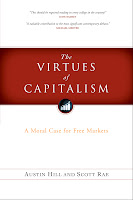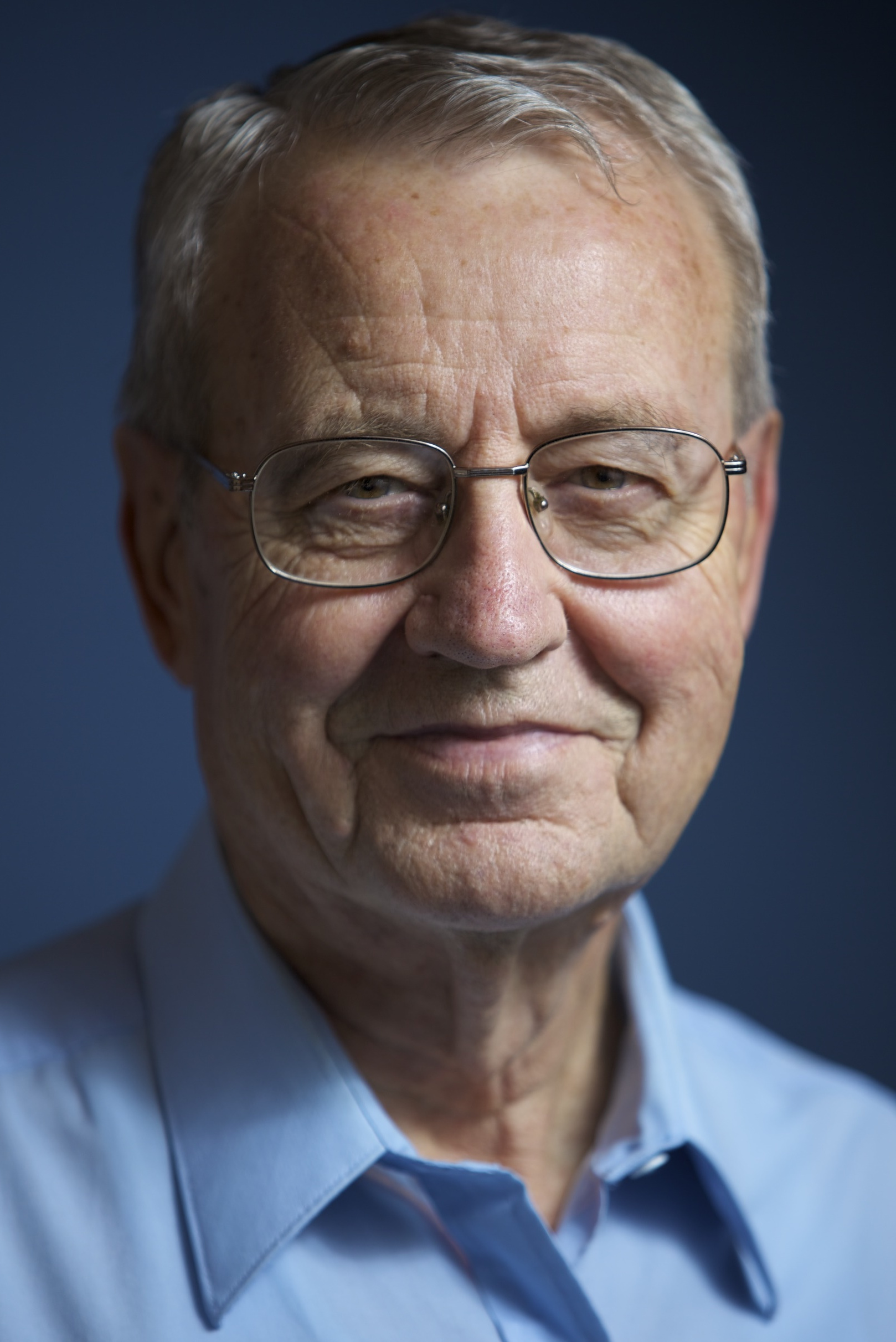In some quarters, Ayn Rand and her philosophy are upheld as the quintessential defense of capitalism? How should we appreciate and assess her ideas in this area?
Rand lived under Russian socialism and saw it for what it was—a terribly inefficient system that denied human beings their creativity and innovative traits. She promoted the market as the best system for producing prosperity and was rightly skeptical of government getting in the way of business. However, she was an ethical egoist who maintained that self-interest was all that was necessary as a moral guideline. She and her followers actually hold that altruism is intrinsically demeaning because it is a handout. I take her views on the market as being pretty good, but would reject her ethical and psychological egoism.
Behavioral economists have argued that, more often than not, irrationality and impulsiveness drive financial decision-making, whether among individuals or on behalf of groups (e.g., Wall Street financial traders), compared to decision-making driven by rational self-interestedness. How should we think about these factors, given a broadly theistic view of human nature?
Human beings are not homo economicus, as Marx suggested. We are not entirely objective, self-interested economic actors, as some libertarians insist. There is a good deal of what Yale economist Robert Shiller called “irrational exuberance,” echoing a phrase originally coined by Alan Greenspan in the mid-1990’s. The stock market, for example, defies rationality at times, more often than investors care to admit! Emotion plays a role in ethical as well as economic decision making, and only a reductionistic view of human nature would insist otherwise. Being both made in God’s image and fallen at the same time suggests that our economic decisions are complex combinations of factors that we still are trying to understand fully.
Given the current global financial crisis, obviously something clearly failed monumentally. But what exactly failed? How should we understand the morality of the crisis?
This is a very involved discussion—I’d summarize it by saying that the combination of short-sighted public policy (cheap money for so long among other things), regulators and ratings agencies who dropped the ball and perverse market incentives, created a perfect storm of conditions in which greed could and did flourish for a time. Capitalism didn’t fail—at a minimum the financial system failed, which is not the same thing a capitalism failing. And it failed primarily due to the financial system making a bad bet on housing prices never really falling. Their model of spreading out risk actually incentivized a variety of parties, from homeowners, to lenders, to mortgage brokers, to commercial banks, to take very unwise risks. And when those “chickens came home to roost,” some were allowed to suffer the consequences of their poor decisions (ie. homeowners being foreclosed on homes that they should never have bought, for example). The application of moral hazard (the view that if you don’t have to pay for your financial sins, you’ll commit them again) to the “too big to fail” banks is a bit more complicated (though the government did let some fail—Lehman Brothers). The bailout money was designed to unfreeze bank lending to businesses—which had essentially stopped in late 2008-early 2009. That was a worthy goal and an important function of the financial safety net. There’s some evidence that mortgage lending has really changed and tightened up, but there’s also evidence that on Wall Street, not much has changed. There are lots of good accounts of the financial meltdown—I’d recommend Financial Shock, by economist Mark Zandi.
Among evangelicals, in the last few years there’s been an increased amount of chatter and organization of endeavor around the issue of “social justice.” In light of capitalism as an economic and moral-cultural system, how might we best think of “social justice”, its meaning and implications for bringing about good for other people?
Social justice is a proper ordering of society, in which God’s righteousness pervades the institutions of society. The term has become almost a buzz-word for left-leaning political applications of Scripture. The major terms of the debate are not about the ends of an economic system, but the best means to achieve those ends. It begins with business having a good answer to the question, “what are we in business for?” Not just to make money, but to contribute to the common good, to enhance human flourishing and provide a place for people to do meaningful work in supporting themselves.
As you say in your last chapter, “Capitalism can’t do it all.” How can we discern what are nonmarket goods and services?
Some goods and services are what we call “market inalienable.” That is, they should not be subject to market forces, because doing so involves violation of important values or virtues. For example, we decided long ago that human beings should not be bought and sold in the open market because to do so violates a fundamental principle of human dignity. This is why some forms of surrogacy that involve the clear purchase and sale of children should be illegal. Others should not be available on the market because of their potential for serious harm should they be misused, or the ease with which they can be misused. There is some debate about other products and services, such as prostitution, reproductive services, organs, etc.
What are the necessary conditions for capitalism to flourish?
The infrastructure must be right—including things like a well-established rule of law, protection against fraud, incentives for innovation such as patent laws, and a cultural system in which market participants have internal moral resources capable of restraining self-interest.
How might the church, as a local moral/cultural institution, help teach and train people about the virtues of capitalism, and the role of Christian presence in a capitalist society?
This is very important—for one, churches should affirm business as a morally serious calling in which a person can bring honor to God by doing his or her work with excellence and integrity. This is what Paul means in Col. 3:23 when he commands that we “in everything we do, do our work heartily as unto the Lord. . . for it’s the Lord Christ whom we are serving.” Further we need to affirm that there is nothing wrong with success, ambition or making money. Third, we need to affirm that business is a crucible in which our spiritual formation occurs.




 We celebrate the life and work of
We celebrate the life and work of 

